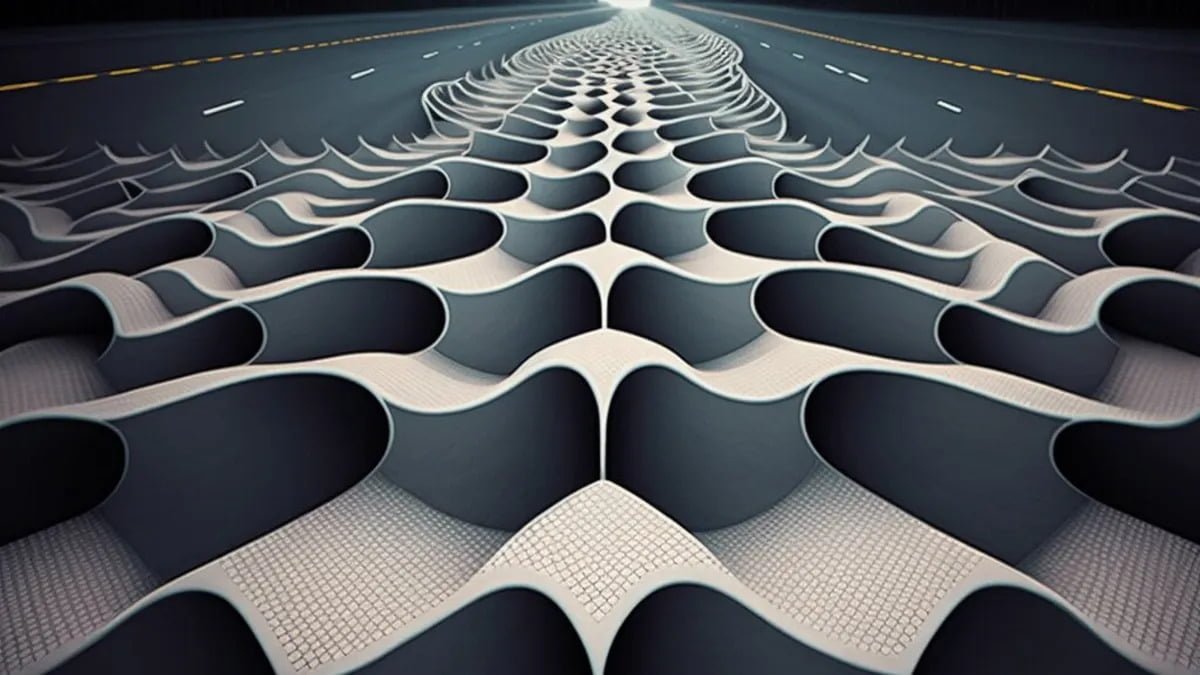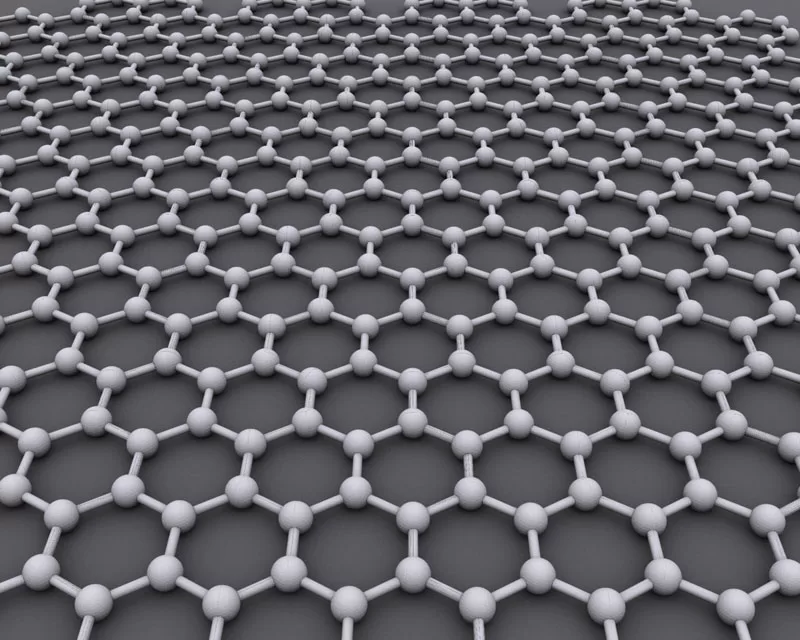Researchers create self-sensing metamaterial concrete that produce power
A team of researchers at the University of Pittsburgh has re-engineered the concept of concrete for modern-day applications. Engineers have designed metamaterial concrete for the development of smart civil infrastructure systems.
A metamaterial is any material engineered to have a property that is elusive to naturally occurring materials. The research introduces the use of metamaterials in the creation of concrete, providing the option to alter its brittleness, flexibility, and shapeability to allow builders to use less of the material without sacrificing strength or longevity.
The study related to the research – Multifunctional Nanogenerator-Integrated Metamaterial Concrete Systems for Smart Civil Infrastructure was published in the journal Advanced Materials.
According to researchers, the use of concrete in construction is followed for hundreds of years since its original creation by the ancient Romans. “Massive use of concrete in our infrastructure projects implies the need for developing a new generation of concrete materials that are more economical and environmentally sustainable, yet offer advanced functionalities,” said Amir Alavi, assistant professor of civil and environmental engineering at the University and the author of the study, in a news release. The team plans to achieve these goals by introducing a metamaterial paradigm into the development of construction materials for advanced use-case scenarios.
The material offers compressibility and energy-harvesting capability
The material is made of reinforced “auxetic polymer lattices embedded in a conductive cement matrix”. According to the team, such a design induces contact-electrification between the layers when triggered mechanically, which is further enhanced by with graphite powder which serves as the electrode in the system.
Studies have shown that the material can compress up to 15% under pressure and produce 330 μW of power. Researchers claim the project delivers the first composite material that features properties of compressibility and energy harvesting capabilities.
“Such lightweight and mechanically tunable concrete systems can open a door to the use of concrete in various applications such as shock-absorbing engineered materials at airports to help slow runaway planes or seismic base isolation systems,” said Amir.
Enough energy is produced to run low-power applications
Studies have shown that the material is efficient enough to produce the electricity required to power the roadside sensors. Furthermore, the “electrical signals self-generated by the metamaterial concrete under mechanical excitations can also be used to monitor damage inside the concrete structure or to monitor earthquakes while reducing their impact on buildings.”
Researchers hope that these smart structures will help further autonomous driving. This is owing to the material’s capability to power “chips embedded inside roads help self-driving cars navigate on highways when GPS signals are too weak or LIDAR is not working.”





